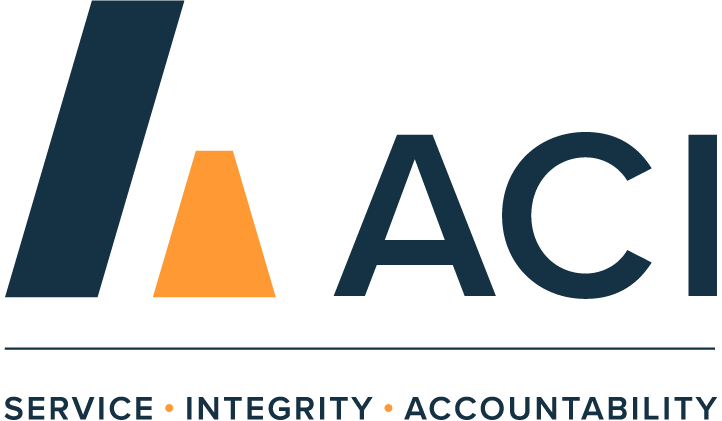As a veteran founded small business, ACI understands the value that transitioning veterans can bring to a work force. Whether it’s organizational skills, direct and indirect leadership attributes, or operational experience, transitioning veterans are more suited for today’s workplaces than ever before. Yet for some veterans, applying for their first job in the private sector can be a challenging experience. With less than 1% of the United States population having served in any branch of the military, todays corporate recruiters or hiring managers, don’t always understand the value a veteran can bring to their organization. That can often make searching for a job after the military difficult. It’s up to the veteran to make sure they are properly conveying their experience and the value they can bring to an organization.
Your Resume
Your resume is usually the first impression an employer will ever get of you. Your resume is meant to not only tell an employer about your skill sets and abilities, but to showcase why you are the right fit for this role and their company. Format is important. Having an eye catching and pleasing format will ensure your resume stands out from the rest. Your resume should be concise. Keeping your resume under two pages makes it much easier for hiring managers to quickly review your qualifications. A brief description of the position with two brief bullets points of accomplishments while you were in that role, is often all a hiring manager needs to see. After viewing potentially hundreds of resumes per week, most hiring managers are not going to read down to page five of a resume.
Tailoring your resume to the position you want is extremely important. If you are applying for a Program Manager (PM) role, your resume should be program manager centric. Showing what you have accomplished in previous PM roles is important and shows a potential employer the value you can bring to an organization. Providing certifications like PMP, Agile PMP, or SCRUM Master are important for demonstrating proficiency in that role.
Understanding how your military experience translates to the private sector is equally important. With less than 1% of the population having served in the military, a hiring manager may not know what a Supply Clerk does, or how that brings value to their organization. However, almost every hiring manager will understand what a Logistics Analyst does. Likewise, a hiring manager may not know what a Command Sergeant Major does, but they will understand what a Director of Operations who specialized in organizational leadership does. It’s up to you to make sure your experience translates to the role you are seeking.
Interviewing
Interviewing for any position can be difficult the first time. Much like everything else in life, becoming good at interviewing for a role takes practice and preparation. Take the time to do your research. Before the interview, learn as much as you can about the role you want, the company you are applying with, the person conducting the interview, and the style of interview they will be conducting.
Most companies stick to a standard interview process, in which you will face two to three rounds of interviews with your potential supervisor and a level or two above them. In that format you may face standard interview questions that you can prepare for fairly easily. Other employers may use a more in-depth assessment, where you will face a single round of behavioral based questions in front of a board consisting of a trained hiring manager and several high-level managers. Preparing for that format may take a little more time and introspection. Whether you are asked a basic interview question like, give me your greatest strengths, or a more complex question like, tell me about an ethical dilemma you’ve faced in the last year, understanding what the person conducting the interview is looking for is very important. Preparation is they key to success in either case.
Follow Up
Even if you don’t get the job, follow up! Send a simple thank you email to the person who conducted your interview. Thank them for their time and consideration and ask them to keep your resume in the event future positions open up. Most recruiters or hiring managers keep a data base of resumes. You may not have been a fit for the position you applied for, but they may have a role that could work well for you down the road. By leaving them with a good impression, you increase the chances of them remember you when a new opportunity arises.
Searching for your first role out of the military can seem like a daunting experience. With a little preparation and planning it doesn’t have to be. Remember, those who fail to plan, plan to fail! Good luck out there! If you would like to know more about opportunities with ACI, check out careers or contact us at recruit@aciedge.com.

